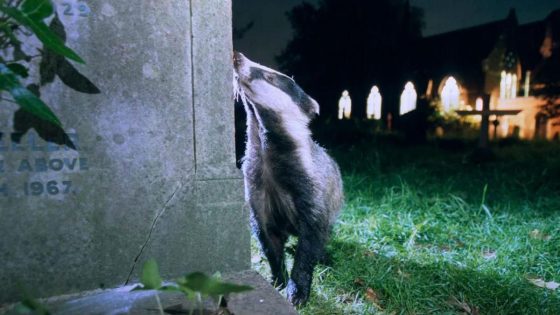The decline of wildlife populations in Spain is alarming, with a 28% drop over the past 20 years. As of February 2025, a new biodiversity report reveals that every year, 1.5% of wild animals are lost across various habitats. What does this mean for the environment and our future?
- Biodiversity crisis persists in Catalonia.
- Wild animal populations decreased by 28%.
- Agriculture and water quality impact species.
- Butterflies and fish face severe decline.
- Some mammals, like bears, are recovering.
- Urgent need for nature conservation laws.
Wildlife Crisis in Spain: Understanding the 28% Decline in Populations
Why should we care about the decline of wildlife in Spain? The latest report from the Generalitat reveals a troubling trend: wild animal populations have decreased significantly, affecting ecosystems and biodiversity. This decline is not just a local issue; it has global implications for wildlife conservation.
Key Factors Behind the Decline of Wildlife in Spain
Several factors contribute to the alarming decline of wildlife in Spain. The report highlights the impact of intensive agriculture and water resource overexploitation. Here are some key points:
- 40% decline in species linked to agricultural environments.
- Significant loss of aquatic species due to poor water quality.
- Butterflies and fish are among the most affected groups.
- Some mammal populations, like bears, are recovering, but many others are still in decline.
Understanding the Living Planet Index and Its Implications
The Living Planet Index (LPI) serves as a crucial indicator of global biodiversity health. Over the past 50 years, the LPI shows a staggering 73% decline in wild species monitored. This index helps US understand the broader implications of biodiversity loss and the urgent need for effective conservation strategies.
Urgent Call for Conservation Efforts in Spain
Experts stress the need for immediate action to reverse the decline of wildlife. Jordi Sargatal, Secretary General of Ecological Transition, emphasizes that conserving nature is vital for both ecological and economic stability. Key initiatives include:
- Implementing a new nature law by mid-2025.
- Establishing the Nature Agency by early 2026.
- Creating new natural parks and reintroducing endangered species.
In conclusion, the decline of wildlife in Spain is a pressing issue that requires urgent attention. By understanding the factors at play and taking decisive action, we can work towards a healthier ecosystem for future generations.





























